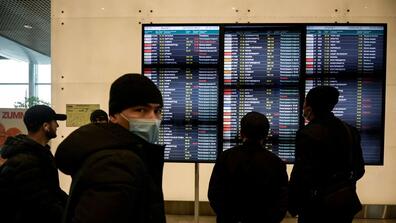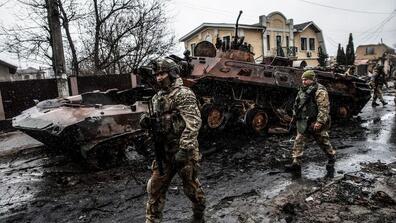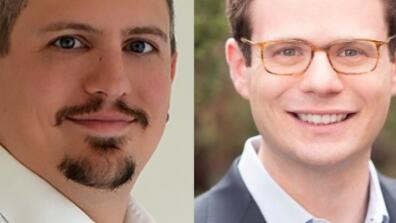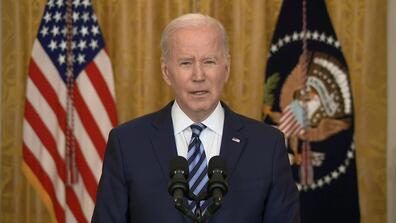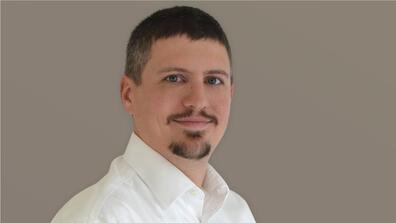
Richard Nephew
Senior Research Scholar in the Faculty of International and Public Affairs; Adjunct Professor of International and Public Affairs

Personal Details
Richard Nephew joined SIPA's Center on Global Energy Policy February 1, 2015 directly from his role as Principal Deputy Coordinator for Sanctions Policy at the Department of State, a position he held since February 2013. Nephew also served as the lead sanctions expert for the U.S. team negotiating with Iran. From May 2011 to January 2013 Nephew served as the Director for Iran on the National Security Staff where he was responsible for managing a period of intense expansion of U.S. sanctions on Iran. Earlier in his career he served in the Bureau of International Security and Nonproliferation at the State Department and in the Office of Nonproliferation and International Security at the Department of Energy. Nephew holds a Masters in Security Policy Studies and a Bachelors in International Affairs, both from The George Washington University.
Education
- MA in Security Policy Studies, The George Washington University
- BA in International Affairs, The George Washington University
In The Media
“I think that Iran would be prepared to help Russia with respect to some sanctions evasion tools, but of course, this assumes that Iran itself has access that it can make readily available,” Richard Nephew of the Center on Global Energy Policy comments.
“The real problem they’re going to have with the sanctions response is it will be seen as insufficient pretty much no matter what you do. The atrocity committed will always be much worse than a sanctions response,” said Richard Nephew.
Richard Nephew and Eddie Fishman discuss Russia’s global oil and gas exports, the near and long-term outcomes of economic sanctions on the Russian economy and the prospects for a revived Iran nuclear deal.
Sanctioning the central bank, Richard Nephew said, “will be seen as a massive escalation regardless.”
Richard Nephew has rejoined SIPA's Center on Global Energy Policy as a senior research scholar.
